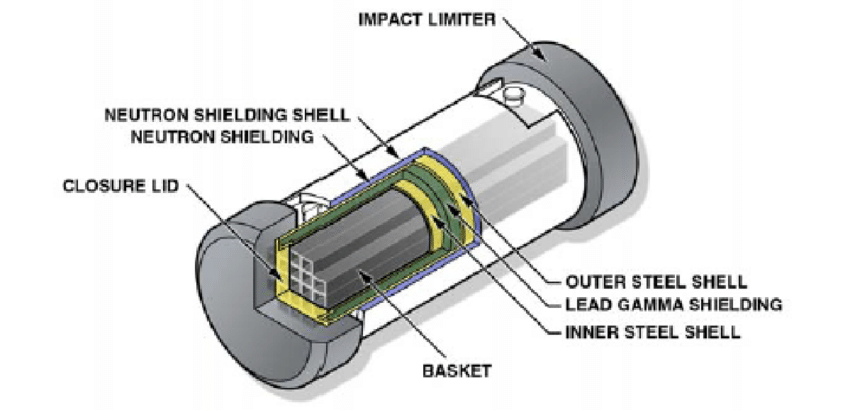Nuclear energy: A boon or bane?

MD. Yeamin Khan
Nuclear energy is a form of power generation using nuclear reactions to generate heat and electricity. Over the years, many countries have made significant investments in building and operating nuclear power plants. However, there are controversies surrounding this technology.
Many people believe that nuclear energy is a curse since it can lead to an uncontrolled chain reaction that can produce massive amounts of radiation. They also believe that we may not be able to control this technology once it reaches a stage where it produces too much radiation. In addition, experts are also worried about the possibility of a major accident or even an entire nuclear weapon being detonated by accident or design somewhere in the world. Although there are countries that still rely on nuclear power for their primary sources of energy, they are planning to build fewer new reactors in reaction to all these concerns.
On the other hand, some experts believe that nuclear energy is a blessing since it can provide stable sources of electricity without any air pollution or greenhouse gas emissions. They are of the opinion that we may use more efficient cooling methods and avoid overheating when generating electricity using nuclear power. In addition, there would be no need to mine resources such as uranium when generating electricity using nuclear power as it generates little waste heat compared to traditional forms of power generation such as coal-powered plants. The only major drawback of this technology is its cost compared to traditional forms of energy generation.
Nuclear power provides a major contribution to modern society since it can be used for everything from heating and cooling our homes to producing bombs and missiles for warfare. Apart from generating heat and electricity, some countries have also planned to use this technology for producing hydrogen for fuel cells and renewable energy applications such as wind farms and solar panels. There are ongoing research projects aimed at reducing the risks associated with this technology so that we can reap its benefits instead of fearing them!
Though there is a radiological danger associated with nuclear energy, it can be controlled by proper safety measures. Proper maintenance and safety measures are essential to keep the radiological danger under control.
Radioactive waste, a type of hazardous waste containing radioactive material, is a result of many activities, including nuclear medicine, nuclear research, nuclear power generation, rare-earth mining, and nuclear weapons reprocessing. The storage and disposal of radioactive waste is regulated by government agencies in order to protect human health and the environment. The radioactive waste is also a concern for the environment. Our Rooppur Nuclear Power Plant will also face the same problem. For the radioactive waste situation, our government has cut a deal with Russia. Russia will take all the radioactive waste and recycle them. The radioactive waste will be stored in a special underground facility.
The fuels which are used in nuclear power plants are changed after a certain period of operation. Called spent fuels, they are highly radioactive. They are stored in a pool in the reactor building. The spent fuel pool is a large tank with a capacity of about 1.5 million liters of water. The spent fuel pool is filled with borated water and is surrounded by steel linings. The water in the spent fuel pool is changed every year. After putting spent fuels in the spent fuel pool, fresh fuels are inserted into the core. These spent fuels are transported after 3 to 10 years to the recycling plants from the spent fuel pool. These are transported in specific containers called casks, which are made of steel. In the recycling plants, the casks are cleaned and the spent fuel is removed from the casks. The spent fuels are then transported for the reprocessing to the recycling facility.
Then the spent fuels are recycled and converted into fuel for the next generation of nuclear power plants and also used for other purposes. After recycling the spent fuels, the byproduct is called radioactive waste. The radioactive waste is transported to the nuclear waste disposal site in a special container called a canister and stored away somewhere safe and away from the public.
- MD. Yeamin Khan is a Scientific Officer, Construction of Rooppur Nuclear Power Plant Project (CRNPP)


